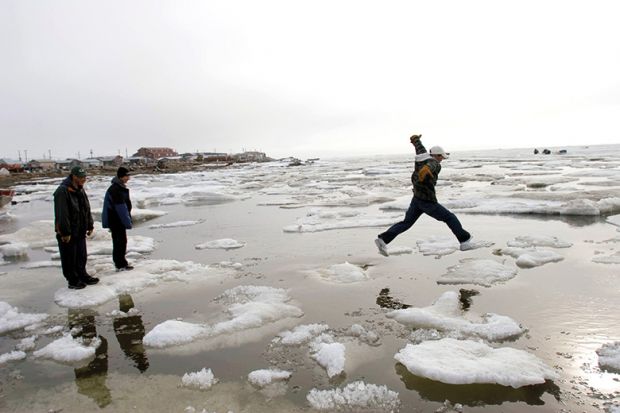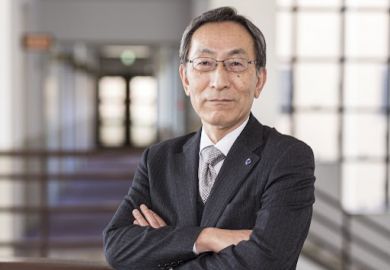One of the UK’s most influential scientists has urged the government to end “troubling” uncertainty over the future landscape of research funding in the country.
Dame Athene Donald, master of Churchill College, Cambridge, said that there was a “sense of unease” about the creation of UK Research and Innovation, which will bring together the seven existing large research councils and Innovate UK next year, as well as Research England, which will undertake the research and knowledge exchange functions currently handled by the Higher Education Funding Council for England.
The government has been accused of making slow progress on the development of UKRI, with universities claiming that they have been left out of the loop and are consequently unable to plan ahead for the coming year.
“When UKRI comes into being next year, it could be brilliant,” Dame Athene said. “I’m keeping an open mind, but the lack of clarity is concerning. I’ve asked around – nobody has given me any clarity, and that worries me.”
Dame Athene, who was delivering Cambridge’s annual Sir Hermann Bondi lecture, explained why she felt that it was a “very uncertain landscape”.
“It is unclear from the outside how much autonomy the seven research councils will retain under UKRI,” she said. “They are supposed still to retain their own budgets, but how that works is not clear to me.
“Nobody knows what the relationship between the individual research councils and the super research council will be, but several of the senior positions are vacant and it’s difficult to say what’s going to happen there.”
UKRI will oversee the distribution of £6 billion of research funding each year. Its structure is designed to make it easier to move money between research council budgets, so that items that do not sit neatly within one agency can still receive support. Although core budgets will remain within individual research councils, their chief executives – set to be renamed executive chairs under the UKRI model – will no longer be chief accounting officers, meaning that they might not necessarily have the final say over budget allocations.
After Dame Athene’s speech, the UK government went some way towards clarifying the details of UKRI, which is set to be operational from April 2018. It named Jennifer Rubin, professor of public policy and director of the Policy Institute at King’s College London, as the new chief executive of the Economic and Social Research Council, and Sir Harpal Kumar, chief executive of Cancer Research UK, as UKRI’s innovation champion.
In the lecture, Dame Athene also raised concerns that the UK government remained without a permanent chief scientific adviser, following the appointment of Sir Mark Walport as chief executive-designate of UKRI in February. Chris Whitty was appointed interim head in September.
“Who is sticking up for science, and how are they going to do it?” she asked.




